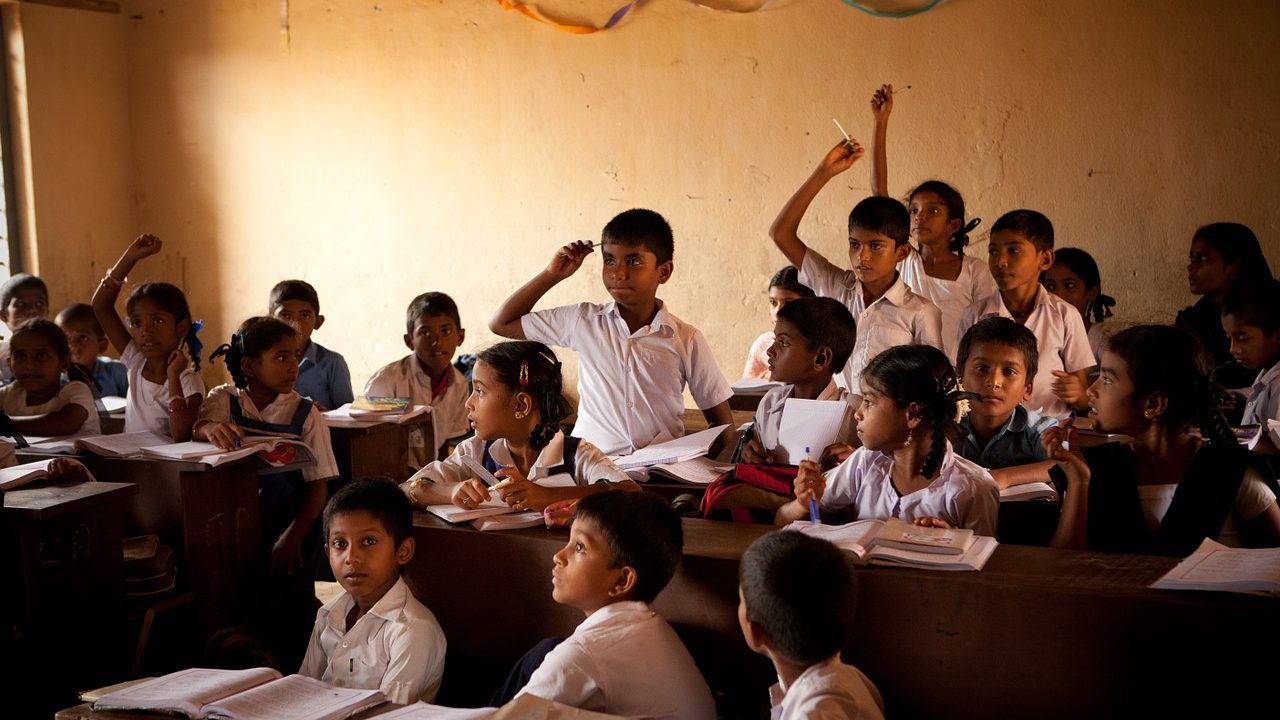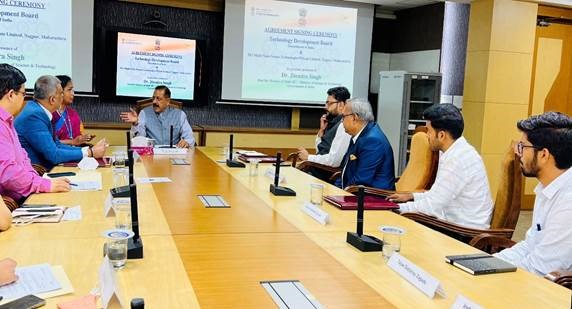It is a misnomer that rural development does not need high technology inputs. While it is true that we need to maximize the use of locally available resources in rural areas, the application of new technologies can go a long way in improving the quality of life in rural areas.
This was stated by Dr. Anil K. Rajvanshi, Director of Nimbkar Agriculture Research Institute (NARI), Phaltan (Maharashtra) while delivering a keynote address in a session on ‘transforming India through S&T” at the ongoing India International Science Fair (IISF) here.
Rural people should get the same facilities as urban India wants – good lighting; wholesome food; clean drinking water and affordable health services. “Most of the goods for rural poor should be produced locally with local resources but using high technology. This will save huge energy in the transporting of goods. High technology is also needed for rural development so as to maximize efficiency,” Dr. Rajvanshi said.
For instance, he said, farming could be modernized through precision agriculture which can increase productivity and make farming attractive. Precision agriculture means precise and timely input to the crops and may include autonomous robots-based farming equipment. He also showed that container agriculture for vegetables and fodder can transform farming.
Dr. Rajvanshi cited examples of the use of high technology for rural development from the work at NARI such as the Lanstove which not only provides excellent light but also cooks a complete meal for a family. The breeding work in NARI on sheep has resulted in producing twining sheep and helped increase the income of farmers. In the same way, sweet sorghum is being used to produce ethanol and syrup. “All these technologies are the result of excellent S&T done on a shoestring budget in a rural NGO,” he added.
There are many technological challenges yet to be explored – development of cheap drones with camera for disease stress identification; affordable and efficient drip irrigation systems; use of robots for planting, weeding and harvesting; farm machines to run on farm-derived fuel.
On the way forward, he said “we need excellent engineers, scientists, and managers for rural R&D. Our institutions need to teach and inspire students on high tech rural development. The innovation ecosystem does not exist in Indian education. Our students are bright but the education system is broken. That’s why we need to implant the innovation bug in schools and colleges. Innovative teaching methods needed.”
He suggested venture funds for rural start-ups, funding for rural internships in grassroots S&T bodies and promotion of social entrepreneurship. One way could be that all ministries should put aside 1% of their budget for rural R&D funding and there should be public procurement of rural R&D products. (ISW)
If you liked this article, then please subscribe to our YouTube Channel for the latest Science & Tech news. You can also find us on Twitter & Facebook.



